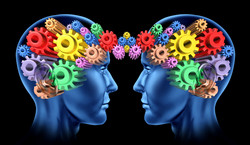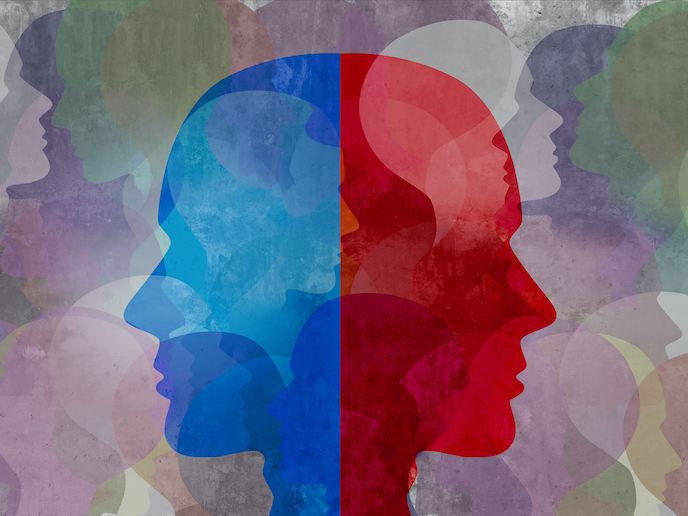Embodied intersubjectivity: Improved relationships through shared experiences and interaction
Historically, various academic fields have approached social cognition with the viewpoint that one may only know another's mind via indirect clues. Yet, the community is now considering knowledge gained through shared, interactive bodily experiences such as expressions and gestures. The EU-funded TESIS (Towards an embodied science of intersubjectivity) project examined such interactive, intersubjective phenomena, using new research tools. The team considered the neural basis of such experience, plus how the phenomena affect neural development in infants and treatment of psychopathologies in adults. Researchers further addressed relevant cultural factors, such as toys for children plus adult learning and organisational behaviour. Findings determined that the new embodied and enactive concepts contribute to debates about social cognition by challenging the theory of mind paradigm. Project work suggests particularly resonance and empathy as modes of coupling between self and others. Developmental psychology and neuroscience investigations helped examine interactional patterns. Studies included infants' understanding of intentions directed at them, the interactive role of neural mirroring mechanisms and the nature of intentional objects. The group also considered how cultural factors and collective action shape the human mind. Results of psychiatric and psychosomatic studies revealed how disturbances in self-awareness and embodied interaction affect various mental disorders, including schizophrenia. Team members successfully applied body-oriented therapies to such disorders. The project also revealed play to be self-structuring, through bodily engagement with the world. Research work examined embodied approaches to aesthetic experiences and dramatic acting, including the neurobiological basis of such experience. TESIS advanced current understanding about social cognition in terms of shared cultural and other experiences. The work has led to some advancement in treatments of mental illness, and may yet yield more.







